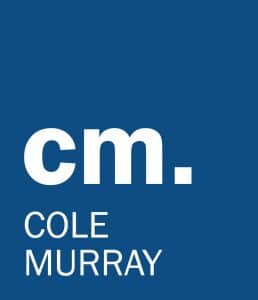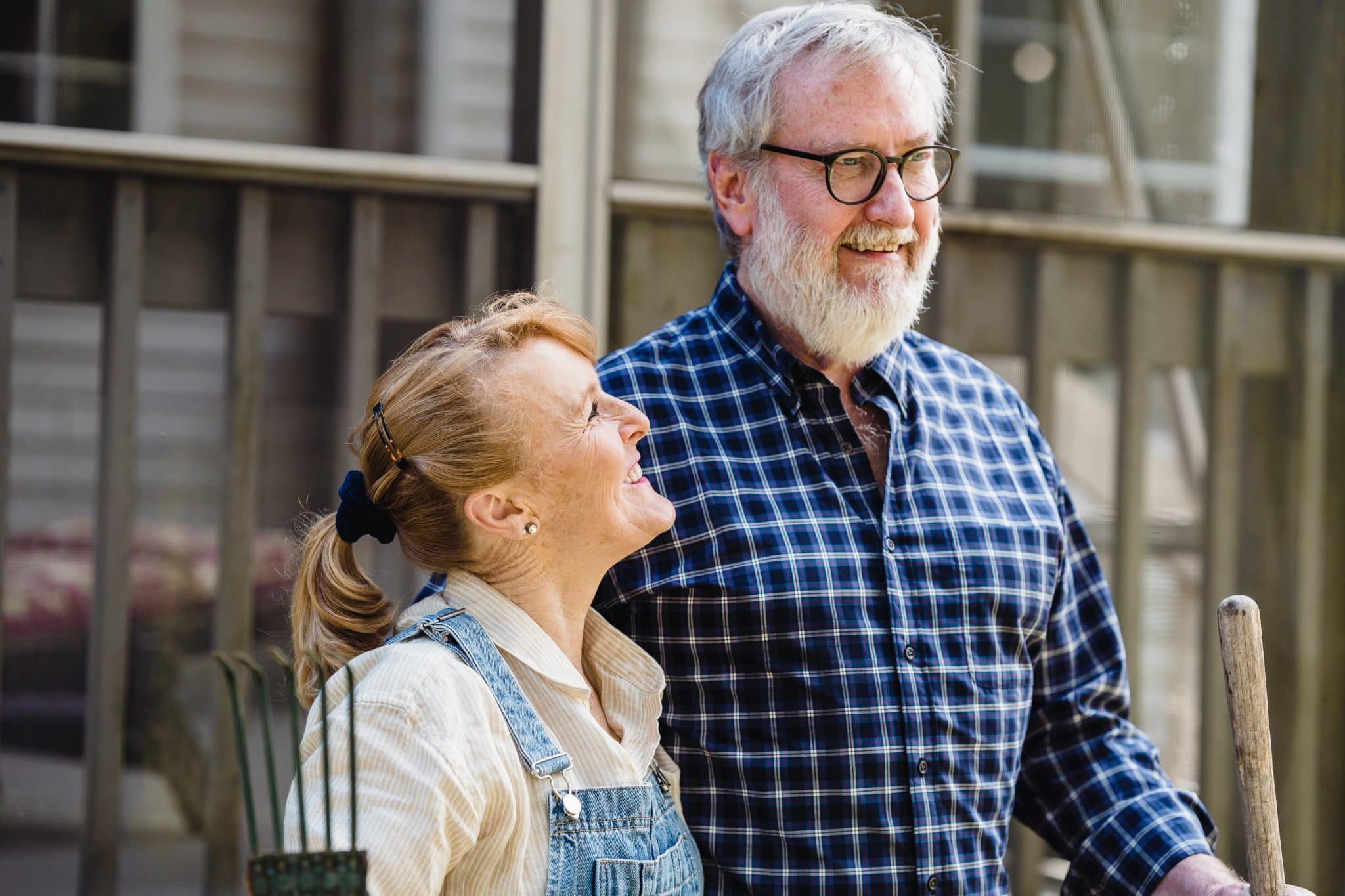When talking about retirement, there’s a tool that many homeowners may not be familiar with but could potentially be a game-changer, depending on your situation. The reverse mortgage.
Often misunderstood or overlooked, a reverse mortgage offers a unique way for homeowners aged 60 or older, to tap into the equity they’ve built in their homes over the years to give them financial flexibility.
What is a reverse mortgage?
Basically, a reverse mortgage is a type of home loan that allows you to convert a portion of your home equity into cash without having to sell your home or make monthly mortgage payments.
How does it work?
With a reverse mortgage, the lender makes payments to the homeowner. There are various options which you can choose from on how you receive the loan proceeds. It could be a lump sum, a line of credit, fixed monthly payments, or a combination of these methods. The amount that can be borrowed is based on factors such as your age, the appraised value of the home, current interest rates, and the specific terms of the loan.
One of the key features of a reverse mortgage is that the loan doesn’t have to be repaid until the home is sold, the owners move out permanently, or die (although if a partner is still living they are able to stay in the home). At that point, the loan balance, including accrued interest and fees, must be repaid. Typically, the home itself is used to repay the loan, either through the sale of the property or by the beneficiaries refinancing the loan into a traditional mortgage.
Who might benefit?
Reverse mortgages can be an attractive option for retirees who find themselves asset-rich but cashflow-poor. For many older adults, a significant portion of their wealth is tied up in their homes, and a reverse mortgage provides a way to access that equity to fund living expenses, healthcare costs, home renovations, or other financial needs.
Considerations and potential risks
While reverse mortgages can offer many benefits, they’re not without their drawbacks and potential risks. It’s essential for homeowners considering a reverse mortgage to understand these risks. We recommend speaking to a mortgage adviser if you are considering getting a reverse mortgage. We also advise you get legal advice from your solicitor.
Some things to think about
Loan costs: Reverse mortgages often come with upfront costs and fees, including origination fees, closing costs, mortgage insurance premiums, and interest charges. These expenses can eat into the equity that the homeowner is trying to access.
Impact on beneficiaries: Since the loan must be repaid when you move out or pass away, there may be less equity left to pass onto your surviving family.
Interest accrual: Because you aren’t making monthly payments on the loan, the interest accrues over time and can significantly increase the loan balance over the years. This is why it is important that meet regularly with a suitably qualified financial adviser about your reverse mortgage.
Loan terms and requirements: Reverse mortgages are subject to certain eligibility criteria and loan limits, so not all homeowners will qualify. Additionally, borrowers must continue to pay property taxes, homeowners insurance, and maintain the property in good condition.
A reverse mortgage can be a valuable financial tool for older homeowners looking to leverage the equity in their homes to improve their retirement finances. However, it’s crucial to carefully weigh the benefits and risks and consider how a reverse mortgage fits into your overall financial plan.
How Cole Murray Financial Advisers can help
Engaging with a financial adviser can help you make an informed decision based on your individual circumstances and goals. At Cole Murray Financial Advisers, we have a team of experts who can help. Give us a call to see if a reverse mortgage is right for you.




